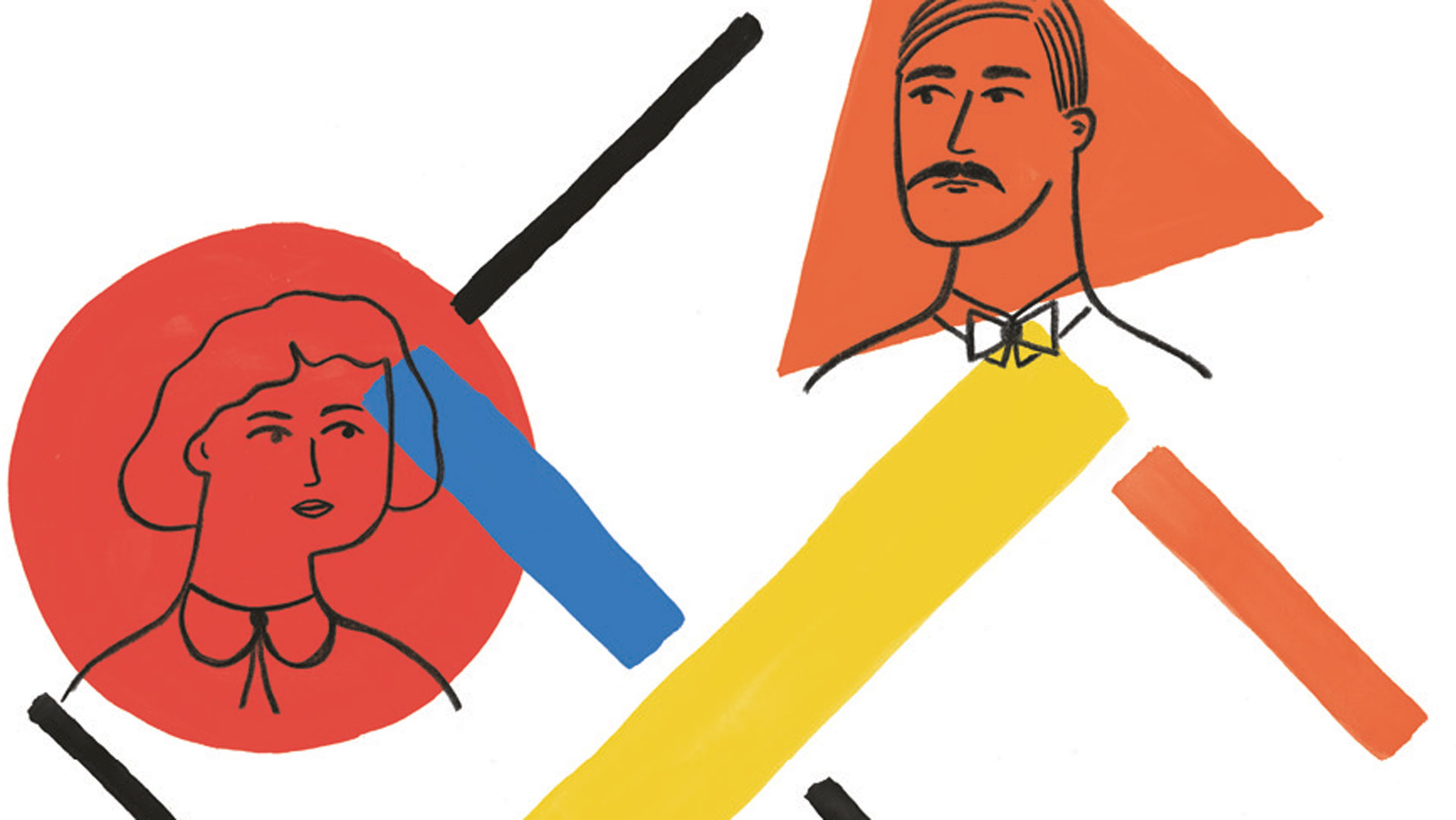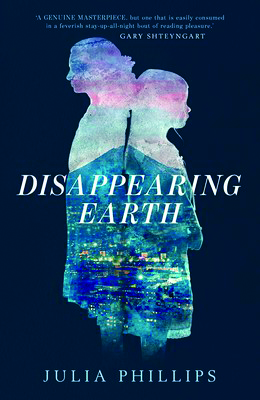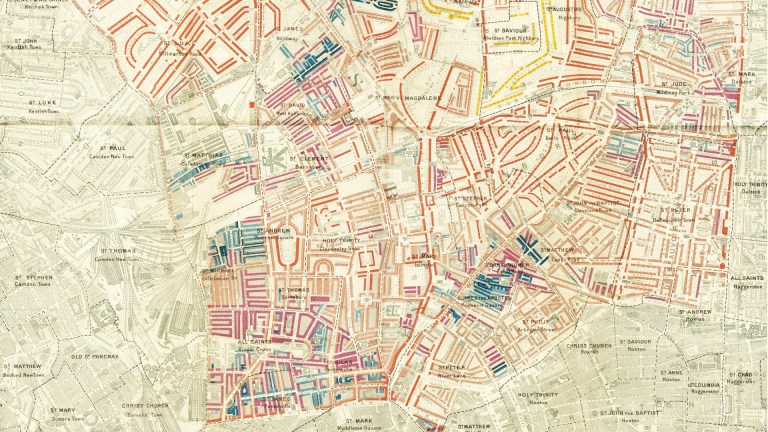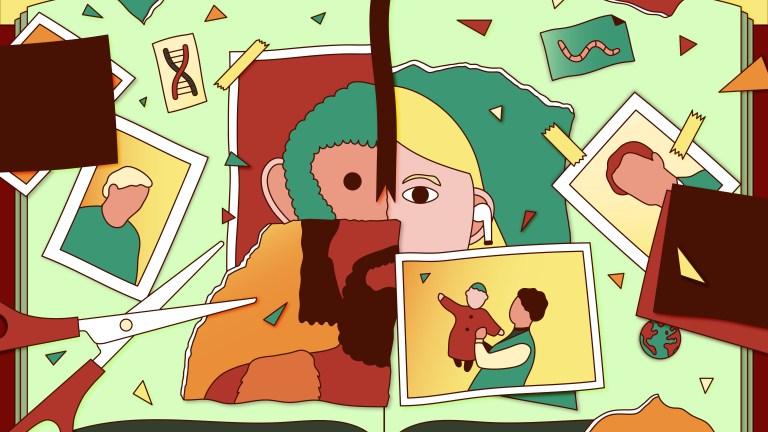A visit to Naomi Wood’s website confirms what will quickly become apparent to readers of The Hiding Game – this novel is an intimate labour of love.
The images there of Wood’s own colourful patchwork quilts and cushions find their echo in this work: namely, in the Bauhaus art school of 1920s and ’30s Germany, where design, architecture and art were revolutionised by a gang of radical modernists that included Walter Gropius, Mies van der Rohe, Paul Klee and Wassily Kandinsky.
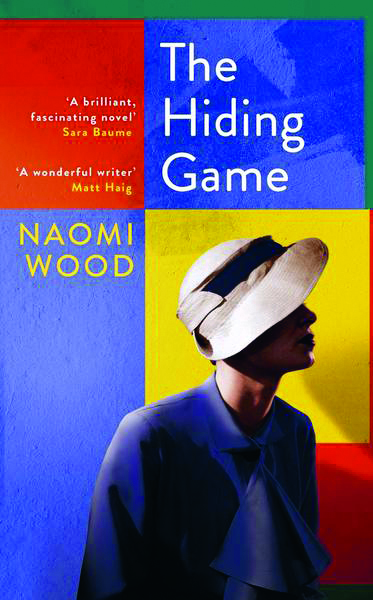
The abstract thought processes and methods taught and encouraged at the Bauhaus – neatly, 2019 marks the centenary of its founding – had a transformative impact on the art and design that came after. This despite the relative brevity of the school’s existence – it lasted only 12 years, relocating twice before finally closing under pressure from the Nazis.
The Hiding Game carries itself with an authenticity that rewards its author’s deep research and obvious empathy with her subject.
Wood finds her subject not in the famous Masters of the Bauhaus, but among its students, and in particular among six young friends, Paul, Charlotte, Jenö, Walter, Kaspar and Irmi. The group experience the familiar liberations and stresses of student life – star-crossed love affairs, necessary thrift, rebellion against society’s constraints – but with a difference: it is all under the shadow of the ascendant fascist menace.
The group’s outlandish haircuts and clothes, booze and drug consumption, dangerous political affiliations, and the unconventional nature of their artistic output are a flagrant challenge to the Nazi worldview. As the years pass, the personal inevitably becomes more and more political, moral choices more freighted with dark consequence, intellectual ambiguity harder to sustain. The oncoming fate of Charlotte, a Jew, hangs heavily across the pages, but is no less shattering when it arrives; as Paul admits to himself, “Some part of me has always known what I’ve known: I just haven’t been able to admit it. I should have known the raid was coming. I should have warned her. I should have got her out.”
The Hiding Game carries itself with an authenticity that rewards its author’s deep research and obvious empathy with her subject. The world of the Bauhaus is elegantly, beguilingly reconstructed, its residents super-cool, headstrong, and wrestling with the birth of the new. Throughout, the juxtaposition of the blandly quotidian with existential threat is expertly kept in balance. And that killer question, “what would you have done?”, does not feel not wholly un-germane today. I was sent scurrying off to learn more about the Bauhaus, and to read Wood’s earlier books.
